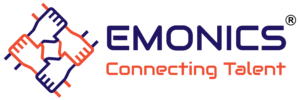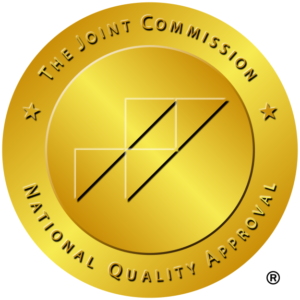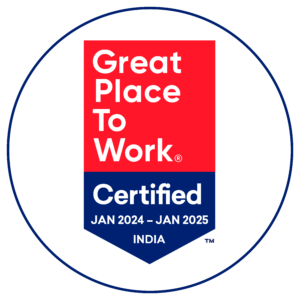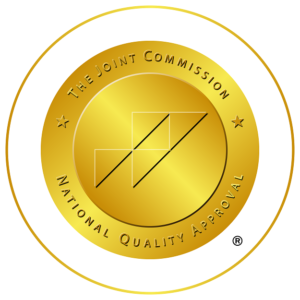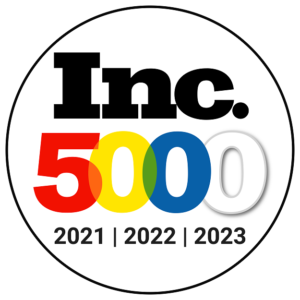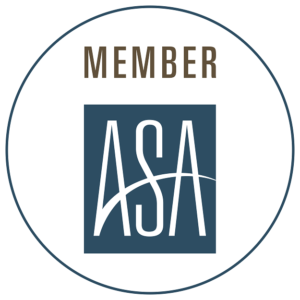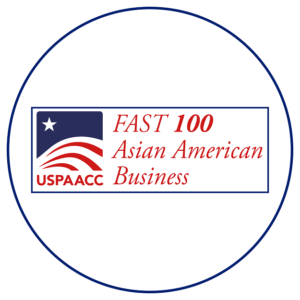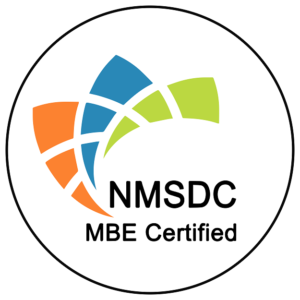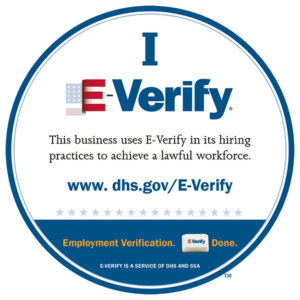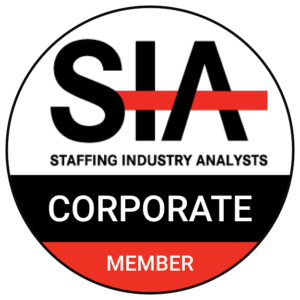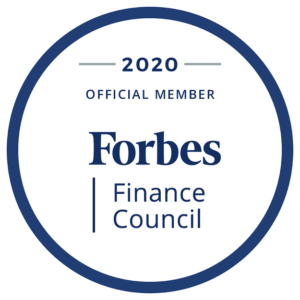Tell me About Yourself – How to Answer the Most Commonly Asked Interview Question
“Tell me about yourself.” One of the most prevalent and tricky job interview questions. Despite this, many job seekers dismiss the Interview Question as merely an icebreaker designed to put them at ease.
However, they should think about their response because most interviewers regard “tell me about yourself” to be more than a throwaway Interview Question. When hiring managers ask this open-ended question, they hope that candidates would share information about their aims and priorities, allowing them to get a better idea of who each candidate is. This Interview Question is also used by interviewers to assess how confident candidates are, which offers them an idea of how new employees would present themselves to customers, clients, and coworkers if they obtain the job.
As a job seeker, knowing how to react to the question “tell me about yourself” gives you a great chance to showcase the skills and experience that make you the ideal candidate for the job. It’s also a fantastic way to start off on the right foot because many hiring managers will ask this question initially. Here are some additional job interview tips to help you nail your response:
Tips for Answering “Tell Me About Yourself”
Make your answer specific to the role and the organization
When an interviewer asks you to tell me about yourself, they really mean tell me about yourself as it relates to the job you’re seeking and the organization. They’re providing you a chance to explain why you have the necessary qualifications in a concise manner.
Take advantage of the opportunity! To do so, go over the job description, research the company, and figure out how to tell your story in such a manner that it’s clear why you’re interested and what you can offer to the table that aligns with the role and organization.
Keep It Simple and Professional
In keeping with the idea that this question has an unspoken addition because it pertains to this role and firm, you should keep your response professional. While it may be customary in certain countries to provide personal information at this point, Emonics advises against it in the United States. In other words, unless you know anything extremely particular about the organization that leads you to suspect differently, this is not the time to talk about your family and interests.
So, if you’re looking for a specific type of work, you might have a basic template that you use for every interview, but be sure to customize it to meet the firm. It’s a chance to show them right away that you understand. If they emphasize culture a lot, incorporate it into your response, and if the firm or even a specific team stresses something different, check if you can incorporate that as well. Individual keywords may, in some situations, serve as a signal that you’ve done your homework and are a suitable fit.
Focus
Define what you do in terms of the job, consider three to five previous experiences that are relevant to the work, and quantify in terms of time, money, or people. Then, make a list of three to five strengths that are relevant to this position (experiences, traits, skills, etc.). When you leave, all of this adds up to the message you want the interviewer to remember about you.
Mention your strengths and abilities:
My real strength is my attention to detail. I pride myself on my reputation for following through and meeting deadlines. When I commit to doing something, I make sure it gets done, and on time.
Conclude with a statement about your current situation:
What I’m seeking for now is a company that places a high emphasis on customer service, where I can join a great team and make a positive influence on client retention and sales.
Practice but don’t memorize
Practice with your script until you’re comfortable with the points you wish to make in your statement. You should use your script to keep you on track, but you shouldn’t memorize it—you don’t want to seem like a robot or a broadcast news announcer. You want to come across as a real person who others would want to sit next to in the office or talk to at happy hour.
Even if this type of question isn’t asked at the start of the interview, this preparation will help you focus on what you have to give. You’ll also find that the information you learned in this activity can help you answer other queries. You’ll have a better chance of selling your goods if you can talk about it a lot.
Prepare additional answers
It doesn’t matter what field you work in or where you are in your career, a job interview is always nerve-wracking. Preparing answers ahead of time is the key to reducing worry. Could you use some assistance? Today is the last day to subscribe to Emonics. You’ll receive interview tips, career counseling, and job search help in your mailbox as a member. From simple queries such, “What are your hobbies?” to more in-depth inquiries like, “What are your passions?” to more difficult questions like, “What makes you wish to quit your current job?” You’ll learn how to come up with clever, insightful responses that will help you advance in your job.
A final word on how to answer, tell me about yourself
Be concise. Your response should not take up too much time. You are not required to tell the hiring manager everything that makes you a strong prospect. Simply provide a few key details that will pique their curiosity in learning more about you, and you’ll be well on your way to a successful interview.
